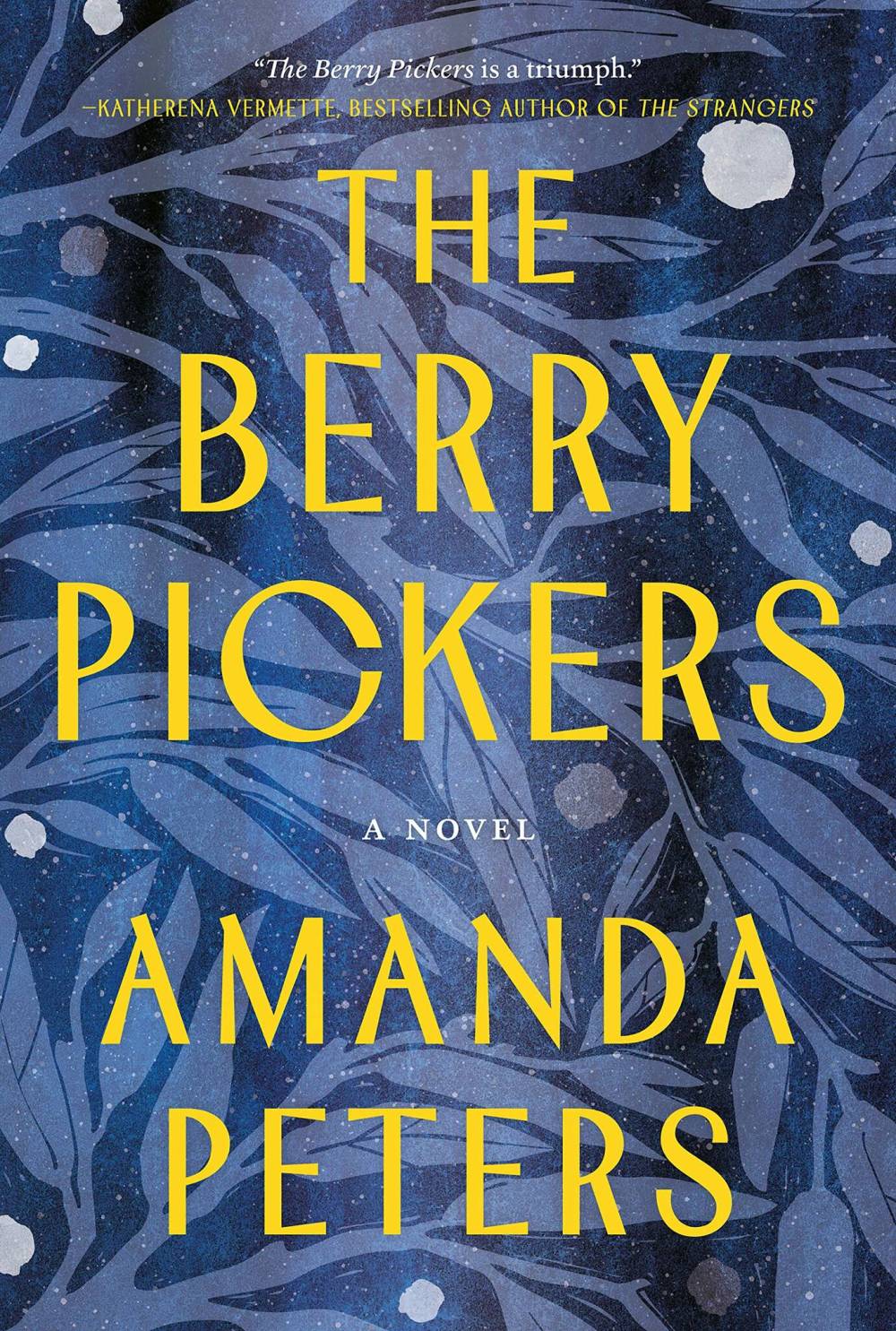Child’s origin story offers heartbreak and hope
Advertisement
Read this article for free:
or
Already have an account? Log in here »
To continue reading, please subscribe:
Monthly Digital Subscription
$0 for the first 4 weeks*
- Enjoy unlimited reading on winnipegfreepress.com
- Read the E-Edition, our digital replica newspaper
- Access News Break, our award-winning app
- Play interactive puzzles
*No charge for 4 weeks then price increases to the regular rate of $19.00 plus GST every four weeks. Offer available to new and qualified returning subscribers only. Cancel any time.
Monthly Digital Subscription
$4.75/week*
- Enjoy unlimited reading on winnipegfreepress.com
- Read the E-Edition, our digital replica newspaper
- Access News Break, our award-winning app
- Play interactive puzzles
*Billed as $19 plus GST every four weeks. Cancel any time.
To continue reading, please subscribe:
Add Free Press access to your Brandon Sun subscription for only an additional
$1 for the first 4 weeks*
*Your next subscription payment will increase by $1.00 and you will be charged $16.99 plus GST for four weeks. After four weeks, your payment will increase to $23.99 plus GST every four weeks.
Read unlimited articles for free today:
or
Already have an account? Log in here »
Hey there, time traveller!
This article was published 15/04/2023 (969 days ago), so information in it may no longer be current.
Heartbreaking and genuine, this saga of a family dealing with the disappearance of a beloved child will resonate with readers of historical fiction, Indigenous fiction and anyone who enjoys a solidly written story.
Author Amanda Peters, a Nova Scotian of Mi’kmaq and settler ancestry, explores themes of trauma, family ties, secrets and identity.
Peters’ short stories have been widely published in Canadian literary reviews. The Berry Pickers is her debut novel, and it demonstrates her gift for storytelling and character development.

The Berry Pickers
Readers may be reminded of American Brit Bennet’s 2020 novel The Vanishing Half, about twin Black sisters who live separate lives across the country, never quite able to sever ties or truly connect.
The story opens in July 1962, with a Mi’kmaq family from Nova Scotia arriving at a commercial farm in Maine to pick berries for the summer.
Six-year-old Joe, the youngest son, narrates at the outset.
He describes a poor but loving family and a close-knit community of seasonal berry pickers who arrive “full of excitement, the memories of hard work and long days from years past all but forgotten.”
Shortly into the picking season, four-year-old Ruthie, the family’s youngest child, vanishes one afternoon.
Ruthie next appears renamed Norma, who believes herself to be the biological daughter of an affluent white family.
Norma’s parents insist her memories of her past life are just dreams, and that Norma’s dark skin is from an Italian great-grandfather.
Despite her youth, Norma knows her parents are keeping something from her.
“I think I’ve always known that something was out of place. But when I was young, I understood it was me. Then I quickly forgot why,” Norma tells us.
As she grows older and the secret becomes more obvious, Norma decides to track down the truth of her identity.
Joe and Norma take turns narrating the story.
Although both characters are richly developed, they also represent the traumatic effects of removing Indigenous children from loving homes.
Joe, the last person to see Ruthie, is so devastated by her loss that he becomes bitter, telling us “I was determined to let that pain and anger ruin me.”
Norma (formerly Ruthie) lives a comfortable life but has trouble connecting with most people, noting, “It seems that aside from my family, I couldn’t hold onto anyone.”
Peters shows remarkable empathy in portraying Norma’s “adoptive” family. Norma’s parents are entitled, secretive and cowardly, but they genuinely love Norma.
And in their own way, they want the best for her. “Remember she does everything she does out of love. Misguided maybe, but full up to the top with love,” Norma’s aunt says of Norma’s mother.
In contrast, Norma’s biological family love each other fiercely, hold each other accountable for their failings and support each other no matter what.
While Peters doesn’t shy from the heartbreak, she offers hope through her strong characters that past grief can be overcome.
Kathryne Cardwell is a writer and settler in Treaty 1 territory.

